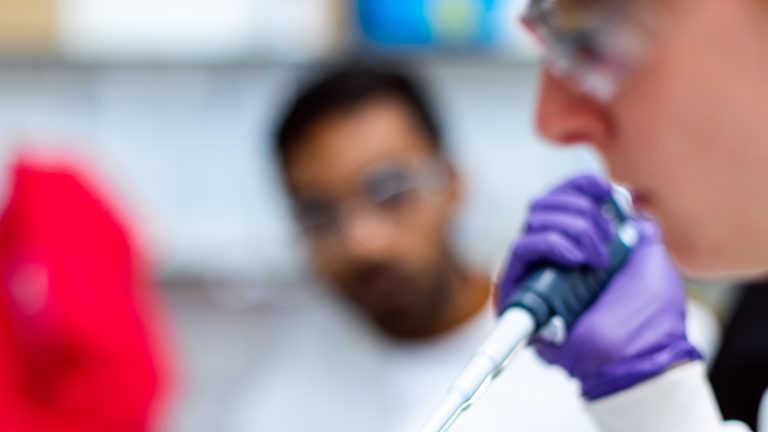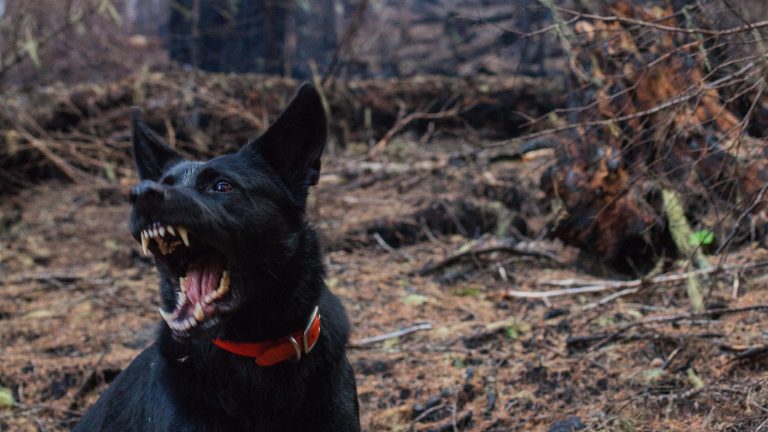Autonomous University of Barcelona
Master course on Veterinary Clinical Ethology
Location: Barcelona School of Veterinary Medicine (Autonomous University of Barcelona)
Academic period: From February until December (annual)
Number of credits:
Theory: 36 ECTS / Practice: 15 ECTS / Master’s Thesis: 9 ECTS
Language: Spanish, except for those made by foreign speakers that will be in English.
Program:
- General Ethology: Physiology, Social behaviour, Development of behaviour, Behavioural genetics, Behavioural endocrinology, Epidemiology of behaviour problems, and Sensory perception
- Clinical Ethology: learning theory and behavioural modification, Neuroanatomy and neurophysiology, Neurochemistry, Diagnostic protocols, Psychopharmacology, Behavioural disorders with medical causes
- Canine and Feline Clinical Ethology: Canine aggression problems, Separation-related problems, Canine elimination problems, Hyperactivity and vocalisation problems in dogs, Fears and phobias, Compulsive disorders, Geriatrics behavioural problems, Feline elimination problems, and Feline aggression problems
- Clinical Ethology of Exotic animals: Behaviour problems in reptiles, Behaviour problems in birds, and Behaviour problems in small mammals
- Animal Welfare: General concepts, and Welfare of companion animals
- Nutrition of companion animals
- Experimental design: Recording of behaviour, Design of clinical studies, and Analysis of epidemiologic data
Practical sessions
- Attendance to the behaviour cases at the Animal Behaviour Services (Veterinary Teaching Hospital, Barcelona School of Veterinary Medicine)
- Attendance to the modification behavioural sessions (Veterinary Teaching Hospital, Barcelona School of Veterinary Medicine)
- Rounds to discuss clinical cases
Seminars
- Origin and evolution of domestic animals
- Pheromones
Research project: The students must choose between:
- Original research project
- Case reports
- Review articles
Autonomous University of Barcelona
Post-graduated course in Anthrozoology
addressed to veterinary surgeons and other related professionals. The aim of the course is to teach attendees the principles and methods to improve the relationship between people and non human animals. The course provides to students the skills for developing programs aimed at improving owners’ communication with pets, assessing animal behaviour in case of adoption, knowing procedures and protocols to act in case of mistreatment etc.
Directors: Antoni Bulbena and Jaume Fatjó
Clinical Ethology Education in Europe
Clinical Ethology Education in Europe Different European Countries offer opportunities for further

Veterinary Medicine & Therapy
What is Veterinary Behavioural Medicine? Alterations in behaviour can be a great

Clinical Ethology
What is Veterinary Clinical Ethology? Veterinary Clinical Ethology is a developing multidisciplinary